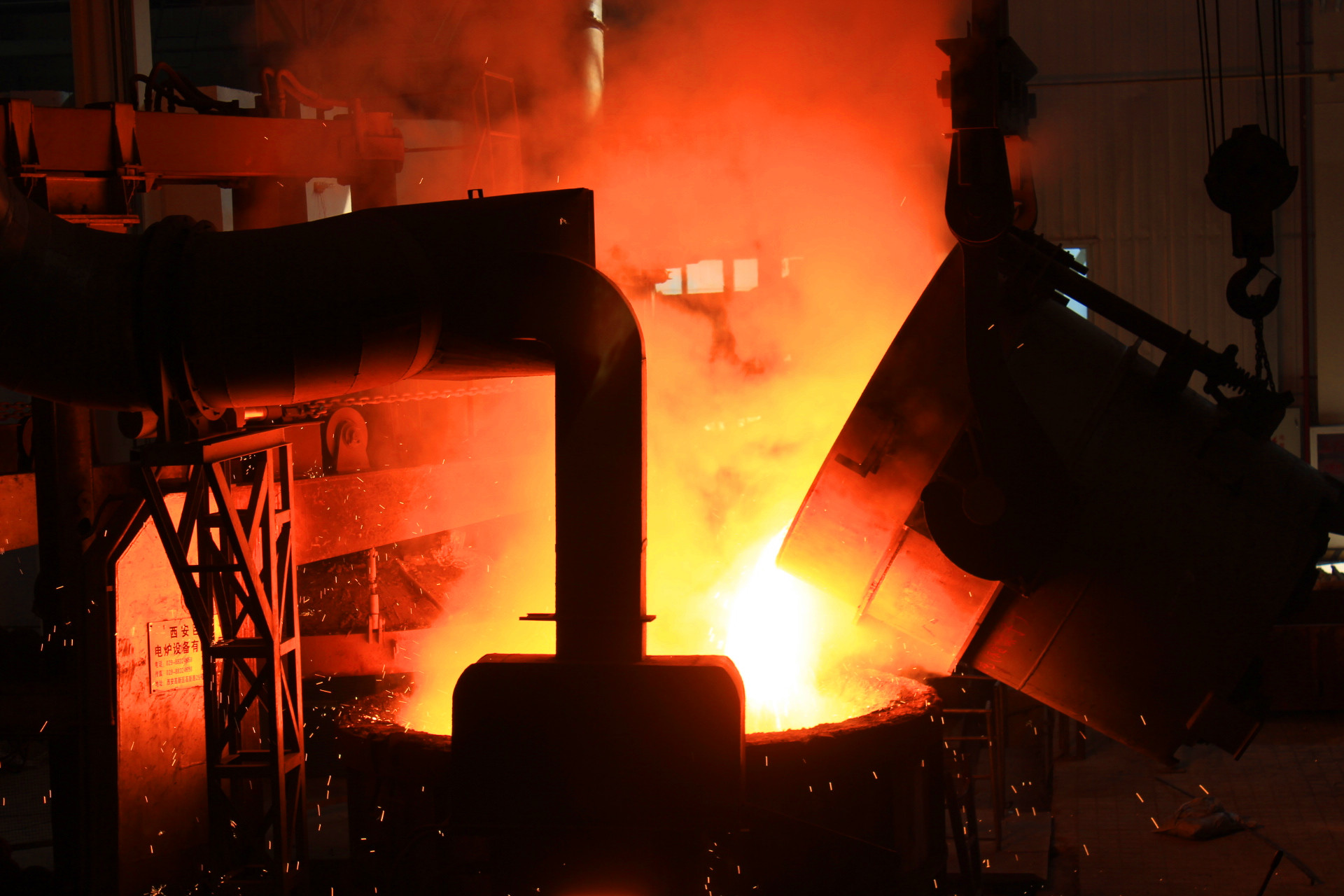ديسمبر . 19, 2024 13:30 Back to list
pipe fittings cast iron
Understanding Cast Iron Pipe Fittings
Cast iron pipe fittings are essential components in plumbing systems, known for their durability, strength, and resistance to high temperatures and pressures. These fittings play a critical role in connecting different sections of piping, enabling the efficient transport of water, gas, and other fluids across various applications. In this article, we will explore the characteristics, benefits, applications, and considerations for using cast iron pipe fittings.
Characteristics of Cast Iron Pipe Fittings
Cast iron is a versatile material primarily composed of iron, carbon, and silicon. Due to its casting properties, manufacturers can mold it into various shapes and sizes, making it ideal for producing a wide range of pipe fittings. One of the most significant characteristics of cast iron is its exceptional strength and durability, which allows it to withstand heavy loads and harsh environmental conditions. Moreover, cast iron exhibits excellent corrosion resistance, particularly when coated with a protective layer, extending the lifespan of the fittings.
Benefits of Cast Iron Pipe Fittings
1. Longevity Cast iron pipe fittings are known for their longevity. They can last for decades, often outliving other materials such as plastic or steel. This durability translates to lower replacement costs and reduced maintenance needs over time.
2. Resistance to High Temperatures Cast iron fittings can withstand high temperatures, making them suitable for applications that require hot water transport or steam systems.
3. Sound Dampening Characteristics One of the less obvious benefits of cast iron is its ability to dampen sound. Compared to other materials, cast iron fittings can significantly reduce noise associated with fluid movement through pipes, which is advantageous for residential and commercial settings.
4. Chemical Resistance While most metal fittings can corrode over time when exposed to certain chemicals, properly coated cast iron fittings resist a wide range of acids and bases, ensuring safe operation in various environments.
5. Fire Resistance Cast iron is inherently fire-resistant, which adds an extra layer of safety in applications where fire hazards are a concern.
Applications of Cast Iron Pipe Fittings
Cast iron pipe fittings are utilized in numerous applications, reflecting their versatility. Some of the most common applications include
pipe fittings cast iron

- Municipal Infrastructure Cast iron fittings are often used in municipal water and sewage systems due to their strength and ability to handle heavy pressure
.- Construction and Building Services In residential and commercial buildings, cast iron pipe fittings are employed in drainage, waste, and vent systems, providing reliable connections that minimize leaks.
- Industrial Applications Manufacturing plants and facilities that require the transport of hot liquids, gases, or chemicals often rely on cast iron fittings for their durability and chemical resistance.
- Heating Systems Cast iron is frequently used in HVAC systems, particularly in older buildings that still use radiators, where the fittings must endure high temperatures.
Considerations When Using Cast Iron Pipe Fittings
While cast iron pipe fittings offer numerous advantages, there are a few considerations to keep in mind
1. Weight Cast iron fittings are heavy, which can complicate installation. Proper handling equipment and techniques should be utilized to ensure safety during installation.
2. Cost While the initial investment in cast iron fittings may be higher than alternative materials, their longevity often offsets the expense over time.
3. Installation Expertise Given the weight and the need for precise alignment, installing cast iron fittings typically requires skilled professionals familiar with the material.
Conclusion
In conclusion, cast iron pipe fittings are a reliable choice for a variety of plumbing and industrial applications. Their durability, resistance to chemicals and high temperatures, and sound-dampening characteristics make them a preferred option for many engineers and contractors. While considerations such as weight and cost must be considered, the long-term benefits typically outweigh these challenges. As urban infrastructure continues to evolve and industrial applications grow, the role of cast iron pipe fittings will remain vital in ensuring the efficiency and reliability of fluid transport systems.
-
Centrifugally Cast Iron Water Main Pipe | Ductile Iron Solutions
NewsAug.24,2025
-
Durable Cast Steel Concrete Pipe Mold Bottom Rings & Base Trays
NewsAug.23,2025
-
Centrifugally Cast Iron Water Main Pipe for Reliable Mains
NewsAug.22,2025
-
Durable Centrifugally Cast Iron Water Main Pipe
NewsAug.11,2025
-
Centrifugally Cast Iron Water Main Pipes for Reliability
NewsAug.10,2025
-
High-Quality Centrifugally Cast Iron Water Main Pipes
NewsAug.09,2025


